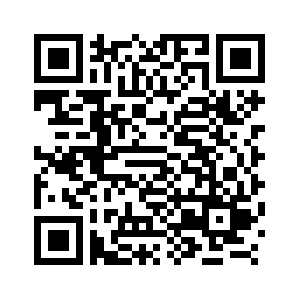BEIJING, Sept. 19 (Xinhua) -- The DNA, a natural structure that has evolved to encode biological information, can be artificially modified into a durable, minuscule "digital museum."
A team of Chinese scientists enciphered 10 digital pictures of Dunhuang murals into 210,000 DNA strands through the nucleotide sequences in a 6.8 MB zipped file, and they can be precisely recovered from a severely corrupted sample that has been treated at 70 degrees Celsius for 70 days.
Dunhuang City in northwest China's Gansu Province is home to the Mogao Grottoes, a UNESCO World Heritage Site, which houses a vast collection of Buddhist artwork, including some 45,000 square meters of murals.
DNA data storage is a rapidly developing technology owing to its high density, long-term durability and low maintenance cost. However, errors that often arise out of in-vitro coding remain a major technical challenge for this technology.
The team of researchers led by Yuan Yingjin from Tianjin University has developed a de novo, error-prone strand assembly algorithm that allows mural curators to retrieve data accurately from DNA solutions preserved at 9.4 degrees Celsius without any protection for about 20,000 years.
They set the strand redundancy at 7.8 percent, which supports reliable data recovery when the decoder receives more than 95 percent of strands, according to the study published recently in the journal Nature Communications.
Previously, Yuan's team designed a yeast artificial chromosome that encodes two pictures and a video clip, and the study findings were published in the National Science Review in 2021.
The latest breakthrough makes DNA one of the most robust memory media that can help protect and pass on cultural heritage, the researchers said. ■



